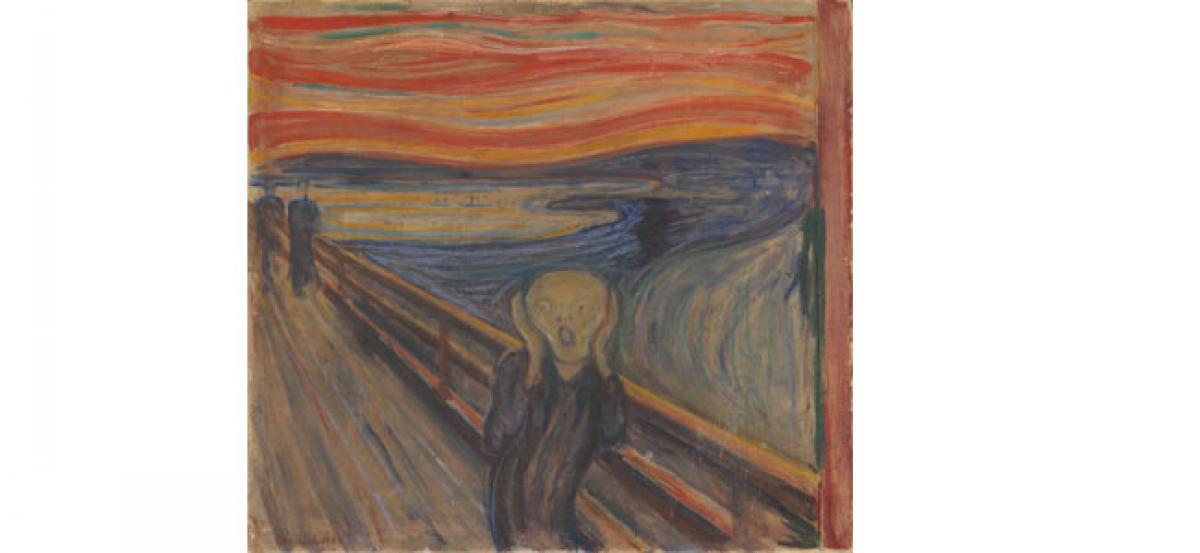Live
- MIXING FRUITS AND CULTURE
- BJP activists elated in Guntur
- Shakira to give her Lamborghini Urus to a lucky fan
- Sheraton Hyderabad Hotel Hosts a Joyful Fruit Mixing Event
- Mastering AI for workplace success
- A Million Lamps
- Eat to live, not live to eat
- Spirituality is extraordinary greed
- Bejan Daruwalla’s horoscope
- ICC’s arrest warrants call for accountability
Just In

Social stigma keeps the patients at bay until to an extent where it reaches acute or chronic mental illness which is usually considered as untreatable. However, a research report ‘Treatment for the \'untreatable\'’ by the American Psychological Association says these illnesses can be treated but requires exhaustible amounts of time and attention towards the patients.
Hyderabad: Social stigma keeps the patients at bay until to an extent where it reaches acute or chronic mental illness which is usually considered as untreatable. However, a research report ‘Treatment for the 'untreatable'’ by the American Psychological Association says these illnesses can be treated but requires exhaustible amounts of time and attention towards the patients. Patients linger in Institute of Mental Health (IMH) for decades without being cured.
IMH psychiatrists spend about 20 minutes of time for evaluating each patient while neuropsychological evaluation requires comprehensive knowledge of neuropathological syndromes and exhaustive amounts of time and energy in treating patients with acute mental illnesses. Psychiatrists at IMH still carry the classification guide to asylums every day The International Statistical Classification of Diseases (ICD-10) to identify and classify psychiatric abnormalities.
The research suggests that amalgamation of severe disorders like chronic schizophrenia and dissociative disorder combined with personality disorders characterised by maladaptive inner experience and behaviour can lead to acute untreatable conditions. Research also suggested 30 per cent of abnormal patients have at least one of the personality disorders (PD). Treating patients who are suffering from acute disorders is a time-consuming process which involves changing core beliefs and getting emotions under control. “Patients have remained in IMH for decades, while some of them cannot be cured completely,” IMH superintendent M Umashankar said.
“Usually 80 per cent of patients are curable with medicines, although some disorders are very hard to treat personality disorders being one of them. There are many variants in personality disorders which are usually rooted in unpleasant childhood like antisocial personality disorder and narcissistic personality disorder where patients are very disagreeable. Sometimes it takes five years of long therapy to treat such cases, but the results might still be uncanny.
The amalgamation of chronic disorders such as schizophrenia with personality disorders can be difficult to deal with. To cure such patients algorithms are followed by medication, therapy and lastly the electroconvulsive therapy,” said chief consultant psychiatrist Columbus Hospital, Dr Naresh Vadlamani.
BY Mayank Tiwari

© 2024 Hyderabad Media House Limited/The Hans India. All rights reserved. Powered by hocalwire.com







